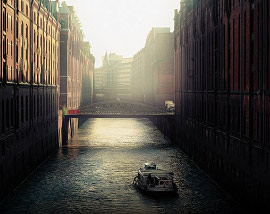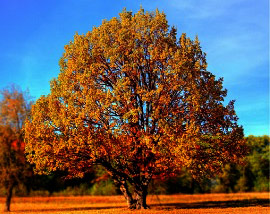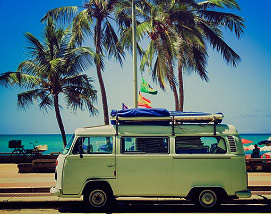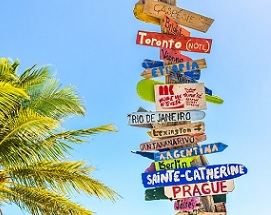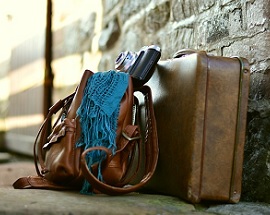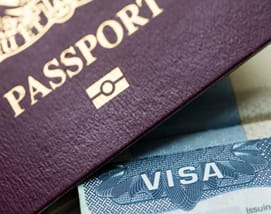Egypt, officially known as the Arab Republic of Egypt, is one of the oldest countries in the world. Once considered the “Cradle of Civilisation” for its advanced society built along the banks of the fertile Nile River, the country has today evolved into a tourism hotspot, boasting two giant coastlines and the iconic pyramids.
Egyptian civilisation traces its history back to almost 8000 BC, making it a must-see destination for historians and interested travellers alike. The country’s long and rich cultural tradition has kept up with years of modernisation and foreign influence, ensuring it remains one of the most diverse destinations for serious vacationers.
It’s for these reasons that Egypt tourism has been on the rise over the last few years. There’s a lot to offer. You could enjoy a day at the beach, time-travel with the ancient monuments, or enjoy the raging nightlife in a number of cities. But be assured of one thing, you’ll never be bored.
Quick Overview
| Egypt Tourism |
Information |
| Official Language |
Arabic |
| Also Known as |
Arab Republic of Egypt |
| Currency |
Egyptian pound |
| Time Zone |
GMT+2 |
| Area |
1,010,408 Square kilometer |
| Best known for |
Pyramids, Islamic Cairo and Monastery |
| Things To Do |
Pyramids of Giza, Egypt Culture And Shopping |
| Places To Visit |
The Ancient Trail, Religious Sites, Maze Like Souks And Museums |
Egypt Geography
Egypt is a country in North-eastern Africa, that includes a large part of the Sinai Peninsula, which is almost considered Asia. It has almost 3000 km of coastline along the Mediterranean Sea, the Gulf of Suez, the Gulf of Aqaba, and the Red Sea, so prepare to spend a number of your days lazing by the sea.
Egypt is further divided into Upper Egypt in the South and Lower Egypt in the North. This is because the Nile flows from the South to the North, eventually meeting the sparkling waters of the Mediterranean Sea. While Upper Egypt is mostly desert, with a few low mountains, Lower Egypt has more urban spaces, wide valleys and the mouth of the Nile, near Cairo. Make sure you pack accordingly while planning your Egypt tours.
Egypt Climate
Egypt is mostly desert, meaning it’s warm through the year, even during the winter months. The best time to visit Egypt is during the “winter” months of October to February when temperatures can range between 11 and 25 degrees.
The less popular months for Egypt tourism are July and August. During this season, you’ll experience hot and dry winds during the day. Temperatures can switch between 7 degrees and 45 degrees in a single day! Avoid the Western Desert completely during this season.
The Mediterranean is slightly cooler during these months but that also means crowded beaches and higher rates for rooms. The period between March and May is spring season in Egypt, bringing with it a few dust storms. So don’t venture too far out from your hotel at this time of year.
Egypt receives fewer than 80 mm of rainfall in a year.
Egypt Culture
Egypt has a population of around 70 million people, a majority of whom are Sunni Muslims, followed by a large minority of Coptic Christians. The country speaks mostly Arabic. But the country also has thousands of years of recorded history, which make Egypt tours akin to travelling through time.
Since Egypt is a Muslim country, please respect the faith and local customs. Public displays of affection are frowned upon and traditions are meant to be followed. Remove your shoes before entering any establishment. That said, Egyptians are a very friendly people, always willing to help tourists out with directions, or with their time.
Most establishments are closed on Fridays, the holy day in Islam, while some also close on Thursdays. Alcohol and pork are permitted in some places, not really consumed by the locals. During the month of Ramadan, Egypt tourism takes a backseat, as Muslims are only allowed to work for six hours a day. Remember that in this period, eating, drinking or even chewing gum on the streets is not allowed.
Egypt Tour
Egypt tourism has something for everyone. To enjoy a bit of natural beauty, you could take a tour through the Nile, or take deep-sea diving lessons. For fans of history, there’s so much on offer. Do remember to include the Pyramids of Giza, and Abu Simbel temples, which have giant rock carvings of famous pharaohs, in the itinerary of your Egypt tours.
Another Egypt tourism favourite is the Museum of Ancient Egypt, a building containing the world’s largest collection of pharaonic artefacts. Tourists often flock to the Great Sphinx, a figure popularised by movies and books over the years. No one exactly knows who built the Sphinx or why.


